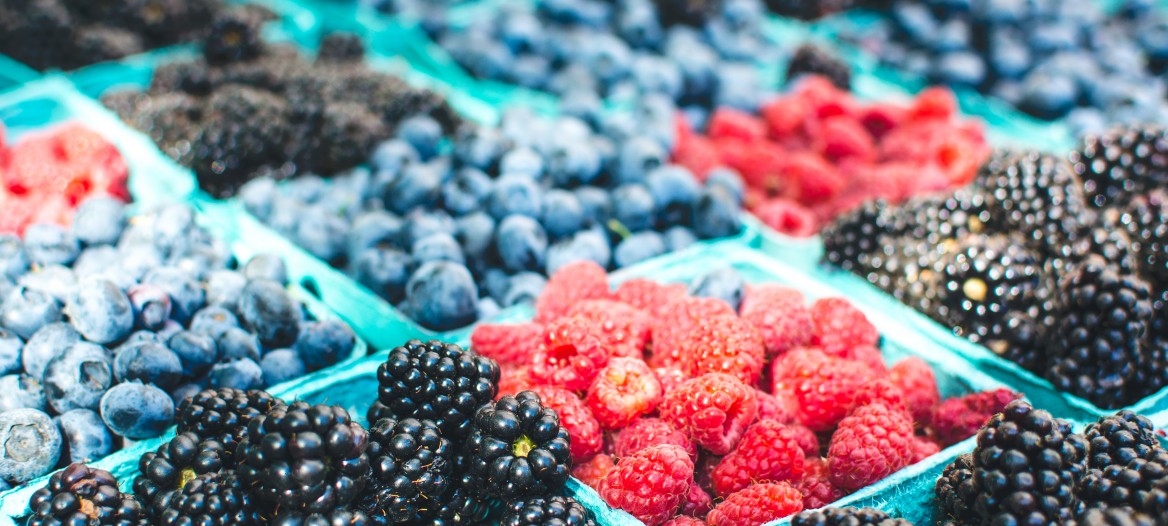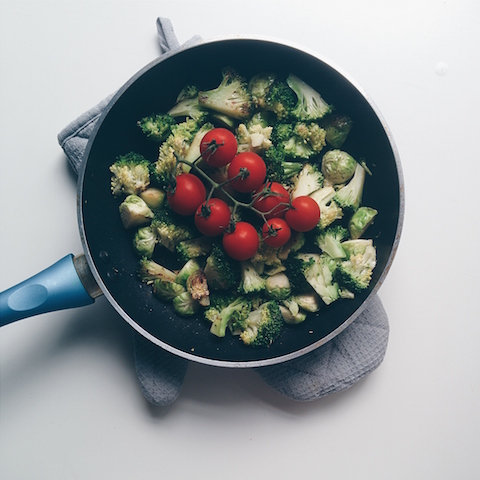Vitamin C

Why is Vitamin C So Beneficial?
Vitamin C, or Ascorbic acid as it’s also known, is a water-soluble vitamin containing antiviral, antibacterial and anti-allergenic properties. It’s most important role is to protect us against free radical damage that’s often associated with the onset of chronic diseases. It does this by boosting production and function of white blood cells, and increasing the concentration of antibodies in the blood.
Not only that, this essential nutrient helps the body produce collagen, the elastic tissue found in the skin, ligaments, tendons, cartilage and blood vessels. It’s fundamental to the growth and repair of our bones, teeth and tissues.
Vitamin C is an antioxidant, along with vitamin E, beta-carotene, and many other plant-based nutrients. Antioxidants block some of the damage caused by free radicals, substances that damage DNA. The buildup of free radicals over time may contribute to the aging process.
Where You Can Find It.
Citrus fruits, berries, and vegetables including red capsicum, tomatoes and broccoli are the best natural sources of vitamin C. As it easily gets destroyed by cooking, it’s important to eat these foods fresh and raw (or lightly steamed) where ever possible.
Natural sources of vitamin C include:
- Cantaloupe
- Citrus fruits and juices, such as orange and grapefruit
- Kiwi fruit
- Mango
- Papaya
- Pineapple
- Strawberries, raspberries, blueberries, cranberries
- Watermelon
- Broccoli, brussels sprouts, cauliflower
- Green and red peppers
- Spinach, cabbage, turnip greens, and other leafy greens

